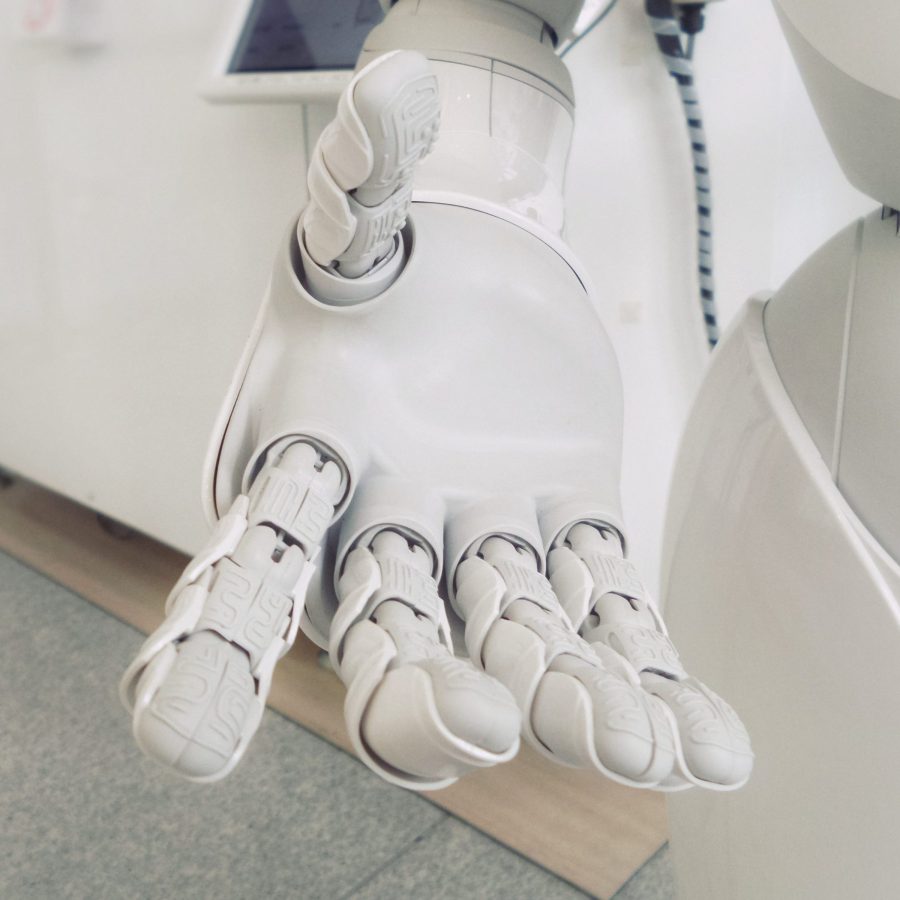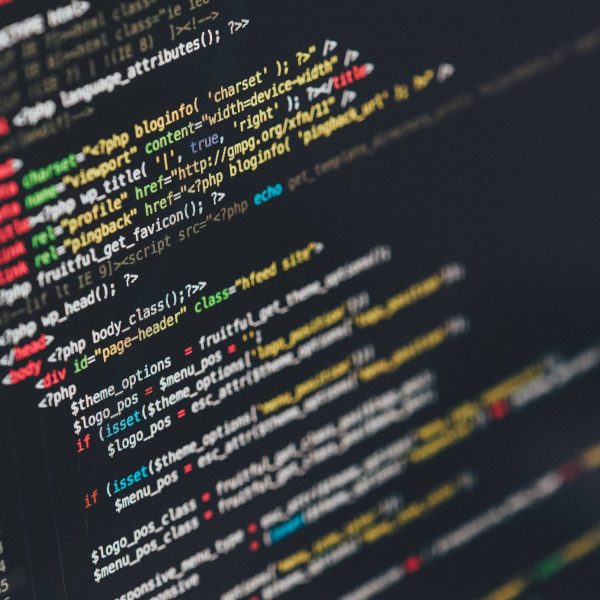Artificial Intelligence (AI) is a hot topic. For example, Chat GPT and how powerful it can be has been dominating headlines across the world. AI can make workers redundant by reducing the need for humans in the workforce – and this is a big problem! Although this might cause concern, there are many ways AI can make our lives more efficient. Tech companies understand that AI will play a key role in automation and development for current and future issues.

One place where AI is making a positive difference is within the aerospace industry. Especially with new avionic equipment in production making flights safer and more efficient.
As a software engineering apprentice in the avionics sector at Thales, I’ve had the pleasure of learning about the following examples of AI in avionics:
An AI auto-pilot system
Being a pilot is a tough job that is physically and mentally taxing. Between the captain and co-pilot, there is only so long they can stay awake on long-haul flights. An AI auto-pilot can help pilots to conserve their energy for times when their attention is much needed.
An AI Optimised Flight Planner
The planning of flight routes happens before take-off. So, unpredictable weather and emergencies will come as a surprise. But with the use of a dynamic AI flight planner, alternative routes are found quickly. As well as its efficiency, AI can help to reduce CO2 emissions as they save time for the pilots during flight.

An AI trainer
To fly an aircraft, pilots must undergo thorough training. Flying an aircraft that could weigh thousands of kilograms is not an easy task! Special training and realistic simulations can better equip future pilots and make the skies safer for everyone. Artificial pilots are useful in training settings to challenge pilots. Coupled with machine learning, AI improves alongside the pilots!
How Do I Learn About AI?
Working in an international organisation like Thales as a software engineer, the possibilities are limitless. If you are interested in being a part of the new technological evolution, look into learning a programming language. Langues such as Python or R are useful. Familiarising yourself with machine learning, decision maths, and algorithms will also be essential.
To conclude, AI is a tool that, when used well, can bring so many opportunities. It also makes technology more accessible to a wider range of people. Could you be the next great inventor that propels present-day technology into the future?





